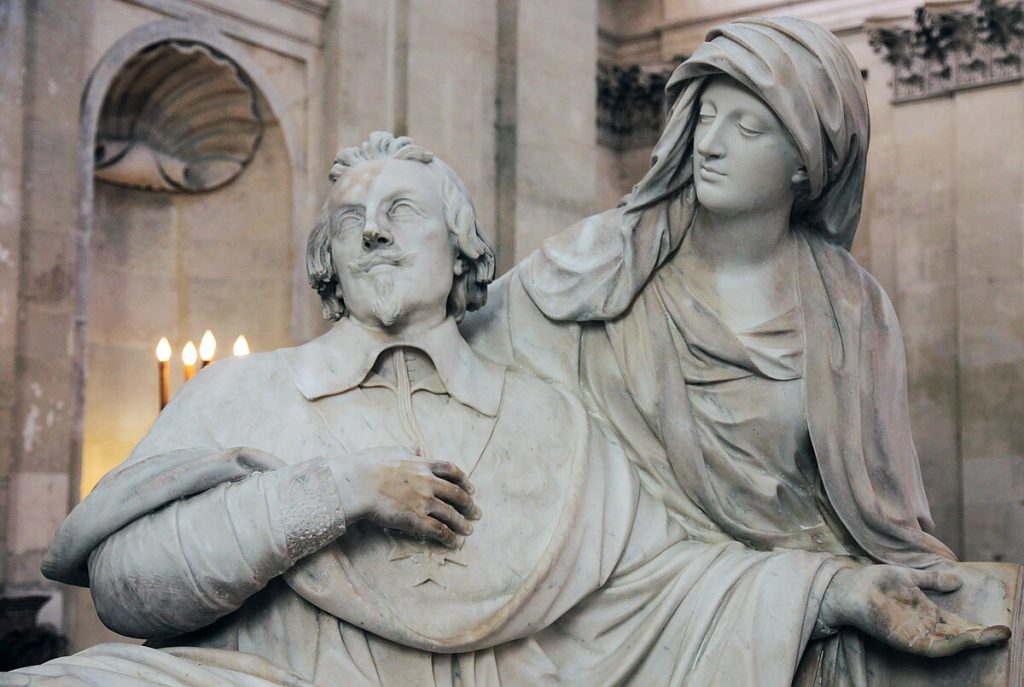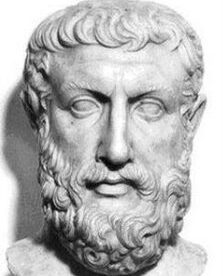
Available from TAN Books and Amazon
Book Length: 120 pages
It may seem odd to consult Cardinal Richelieu for spiritual guidance. To the world, he was a Machiavellian politician wrapped in the robes of a prince of the Church; to some Catholics, he is a shameful man who placed the interests of his beloved France above Christendom. But these are ignorant fables. The real Richelieu shines resplendent in these pages—a prelate who was truly in this world but was not of it. For though he was a masterful statesman, he was also a masterful navigator of the spiritual life: these two qualities are not mutually exclusive. And thus one ought not to spurn the wisdom that this great man wishes to communicate to us, but embrace it.
Consistently eloquent in his presentation, Richelieu offers moving reflections on the soul, the last things of Heaven and Hell, the three ages of the spiritual life, and a variety of related topics. But perhaps his paramount point is in his assertion that the life of Christian virtue is far easier than the life of the worldling, despite the obstacles that the world, the flesh, and the Devil present to those who follow the narrow way. Referring to Matthew 7:13-7:141 and Matthew 11:30,2 he explains:
(29-30)
…I would suggest that the way to perdition is wide only because it is trodden by so many. It is described as being easy because it appears to be easy. The path of sin does not openly advertise all the thorns and spines which plague it, and those whose eyes are blinded by vice generally fail to perceive them until it is too late. The path which leads to life is described as being narrow and found by few because it is granted only as a grace of God through faith, and not discovered by purely human efforts. Yet this grace, despite being a precious and wonderful gift, is freely given. And it is described as being “hard” only because it entails hard consequences for those who do not follow it or refuse and resist it.
Furthermore, he adds:
(30)
The weight of bearing the cross which the Gospel prescribes for each disciple of Christ is always less oppressive than the weight of the alternative burden of sin, since it is lightened by divine grace. Moreover, the weight of the yoke of goodness is sweet, whereas the weight of the burden of sin—which is never any less or lighter—is always unspeakably bitter.
Is this not the wisdom which confounds the wise of this world? For it would seem, especially in our anti-Christian times, that to strive for sanctity is a near impossible feat—and one that will deprive oneself of a pleasant life. But the gifts of this world are passing, and their pleasures (whether real or misleading) are far surpassed by the consolation which Christ offers to all those who truly follow Him. The worldling does not understand that the peace of God “surpasseth all understanding” (Philippians 4:7), and so perceives hardness where it is not. Yet, it is truly his path—the path to perdition—that is hard, for the world offers little consolation to those who follow it. It rather tricks and swindles than rewards, or in Richelieu’s words, “it does not openly advertise all the thorns and spines which plague it.” Such a path is truly indicative of its author, the father of lies.
In stark contrast, the path to eternal life renders transcendent joy possible in our benighted world. It does not trouble the conscience; it consoles rather than confuses. For this path, which is not found except by “a grace of God through faith”, is the only path which leads man to his ultimate fulfillment—eternal union with God by means of the beatific vision. The desire for perfect happiness which all seek cannot be satisfied here on earth, where fortune—whether in terms of personal connections, possessions, or learning—can swiftly be lost. Friendships and familial connections can be ruptured, money can be stolen, and one can lose one’s mind. It must then must be found in eternity. For as Richelieu remarks, “the only happy ending is to find that happiness which has no ending” (11). And this happiness consists in the possession of God, who in like (though superior) manner shall possess ourselves for all eternity, hence a mutual self-giving like that which occurs between Him and the faithful soul that receives Holy Communion.
But in this world, whether we take the wide path to perdition or the narrow path to Paradise, we will be met with suffering. At the root of the suffering that will inevitably confront us is our fallen nature, and it is on account of this that we find it so difficult to do good yet so painful to do evil. Should we not then desire to embrace the cross which Christ wishes to give us?
We ought to reflect on this profound meditation and the other salient advice which Richelieu provides in this treatise. Though it was not specifically written for the laity, the author’s direction on how to balance one’s spiritual life with a myriad of duties in the world will hold work special appeal to them. The brevity of this work will also prove an incentive for repeated readings, and a consistent application of its admirable twenty counsels. It is thus recommended to all Catholics.
